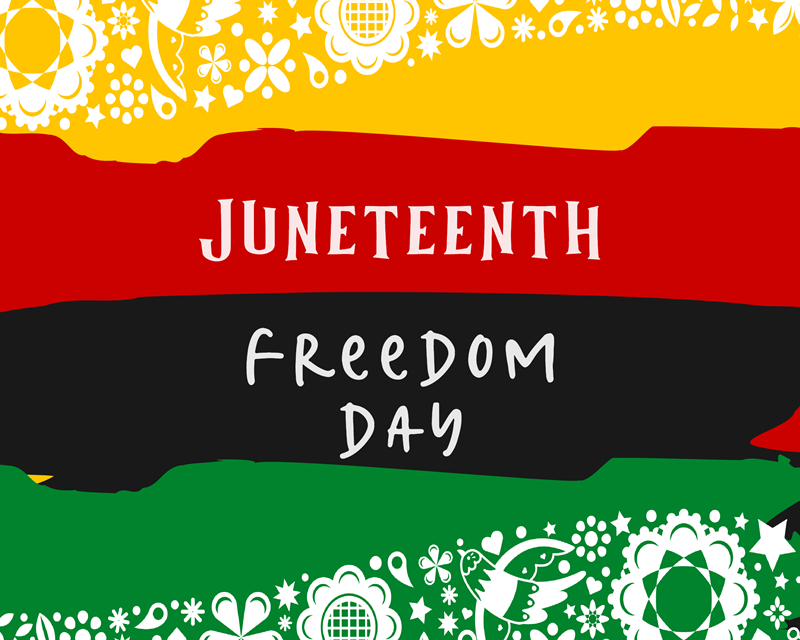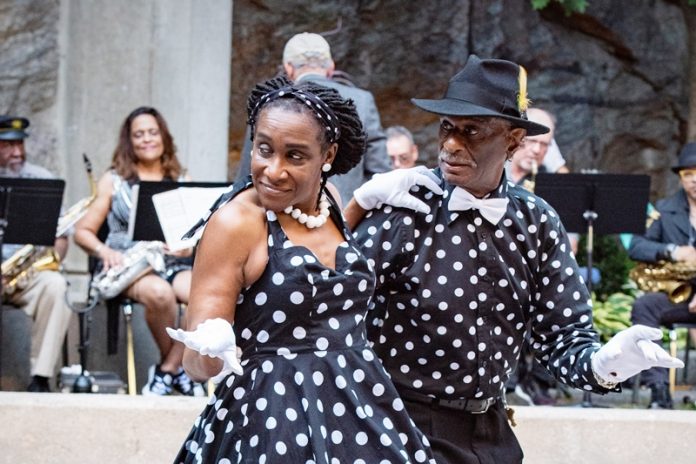Table of Contents
- History of Juneteenth
- Juneteenth and Its Significance in Today’s World
- Traditions and Celebrations
- Educating and Engaging Communities
- Role of Schools in Promoting Awareness
- How to Support Juneteenth Events and Organizations
- Future of Juneteenth Celebrations
History of Juneteenth
Juneteenth, observed on June 19th, marks a pivotal moment in American history—the end of slavery in the United States. This day commemorates when Union soldiers, led by General Gordon Granger, arrived in Galveston, Texas, to announce the end of the Civil War and the emancipation of enslaved African Americans. It serves as a reminder of the long struggle for civil rights and how far society has come since the 19th century.
Juneteenth and Its Significance in Today’s World
In today’s context, Juneteenth holds a deeper meaning as it resonates with ongoing racial equality and justice struggles. Celebrating this day is a powerful reminder of the progress and work that still lies ahead. Celebrated today as a day of reflection and unity, Juneteenth symbolizes freedom and the enduring quest for equality. Every June 19th, individuals and communities across the country take this opportunity to reflect on historical injustices and foster a dialogue on addressing the persisting systemic issues. The recent news regarding the recognition of Juneteenth as a federal holiday underscores the importance of this celebration in promoting unity and understanding, highlighting its relevance in the 21st century.

Traditions and Celebrations
Juneteenth is celebrated with various traditions, including parades, music festivals, and family gatherings. Barbecues and picnics are daily, fostering a sense of community and sharing. The culinary traditions often include red foods and drinks, symbolizing resilience and joy. Many events also include educational activities that highlight African American culture and history. Storytelling, historical reenactments, and public readings of the Emancipation Proclamation are popular ways to educate attendees. These activities honor the past and spark conversations about the importance of freedom and civil rights in today’s society.
Educating and Engaging Communities
Community engagement is crucial for spreading awareness and fostering a deeper understanding of Juneteenth’s significance. Local organizations and educational institutions often host workshops, lectures, and discussions to illuminate Juneteenth’s historical context and contemporary relevance. These interactive events encourage participants to explore America’s past and present complexities, fostering a more inclusive society. This communal learning experience helps bridge generational gaps, giving young people a rich understanding of the struggles and triumphs shaping their heritage.
Role of Schools in Promoting Awareness
Schools play a vital role in promoting awareness of Juneteenth. Integrating the story of Juneteenth into the curriculum helps students understand the broader implications of American history. Comprehensive lesson plans that include discussions on slavery, the Civil War, and the Civil Rights Movement can give students a well-rounded perspective. Educational resources like books, documentaries, and online materials can enhance this understanding, making the celebration more meaningful for younger generations. Additionally, school events such as assemblies, art performances, and history projects centered around Juneteenth can engage students creatively and intellectually.
How to Support Juneteenth Events and Organizations
Supporting Juneteenth events and organizations can take many forms, from volunteering time and resources to participating in local celebrations. Donations to organizations promoting education and awareness about Juneteenth are also incredibly beneficial in ensuring the historical significance is preserved and celebrated for years. By attending or supporting these events, individuals contribute to keeping the history and significance of Juneteenth alive. Furthermore, purchasing from Black-owned businesses and supporting arts and culture initiatives highlighting African American experiences can help sustain community efforts year-round.
Future of Juneteenth Celebrations
The future of Juneteenth celebrations looks bright as more people recognize its importance. With growing awareness and participation, Juneteenth is poised to become a cornerstone of American cultural celebrations, emphasizing the values of freedom, resilience, and unity. As the holiday garners more recognition, there is an opportunity to broaden its celebrations beyond African American communities, inviting people of all backgrounds to honor the day together. This inclusivity can enhance mutual understanding and respect, furthering the mission of Juneteenth to celebrate freedom and justice for all.







